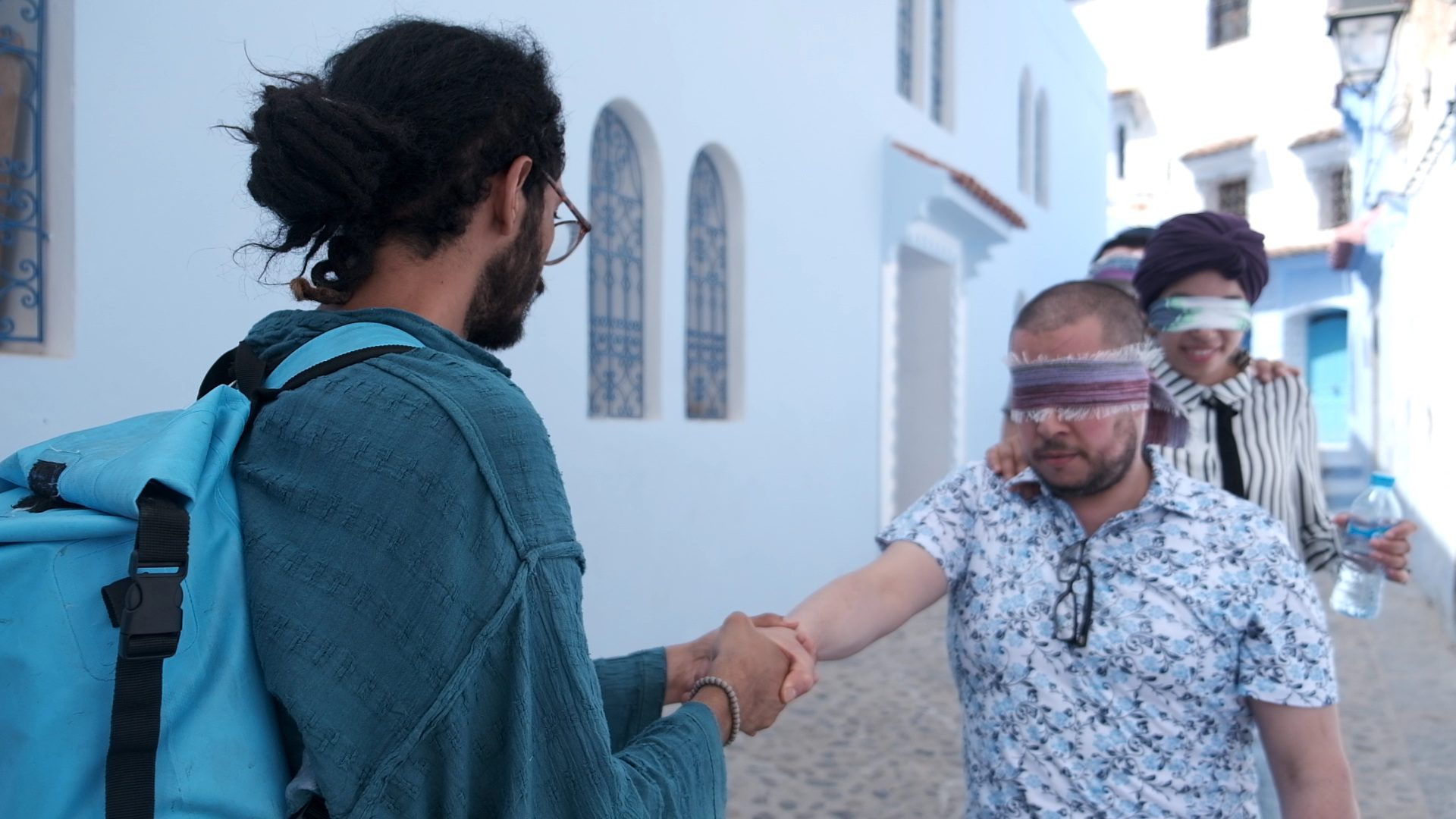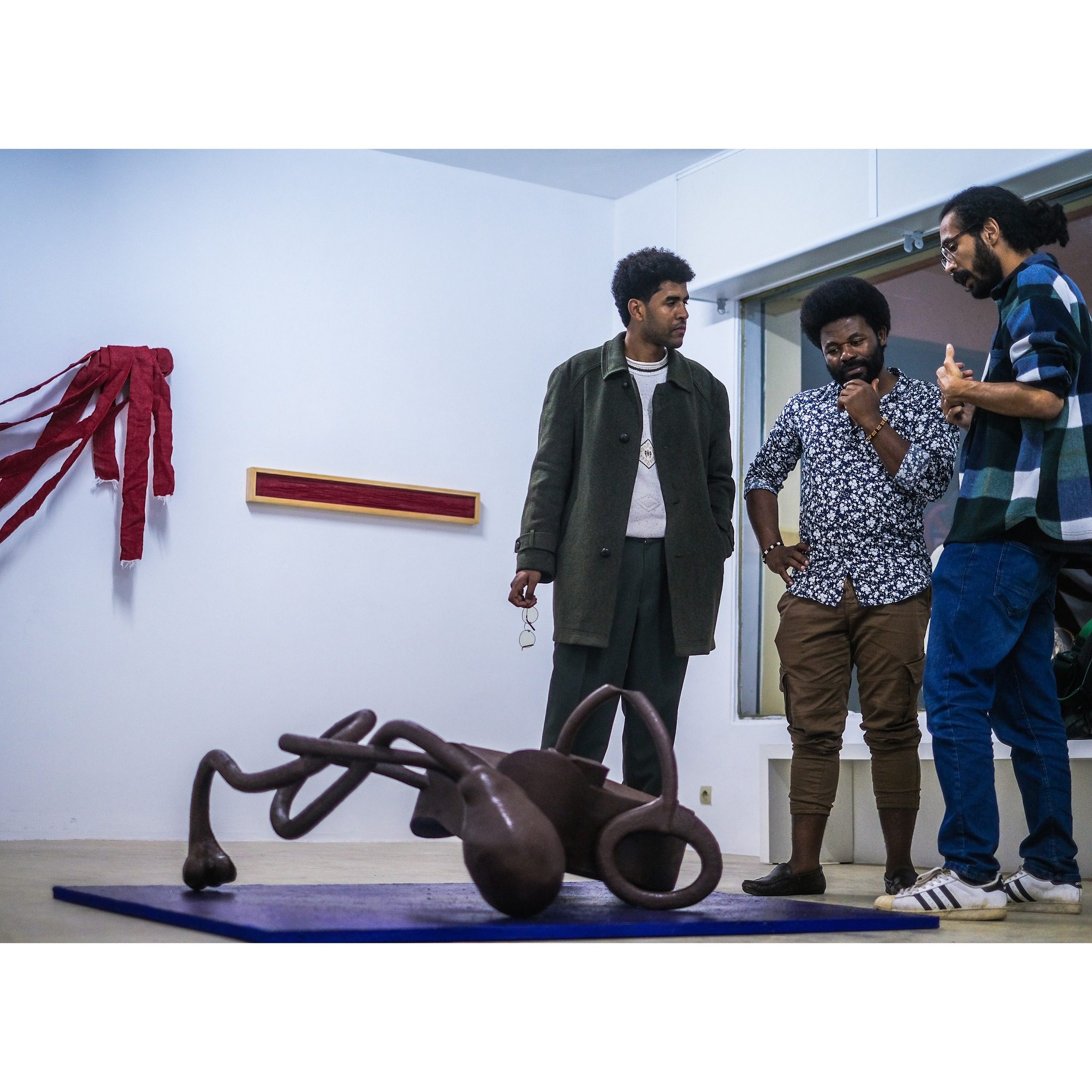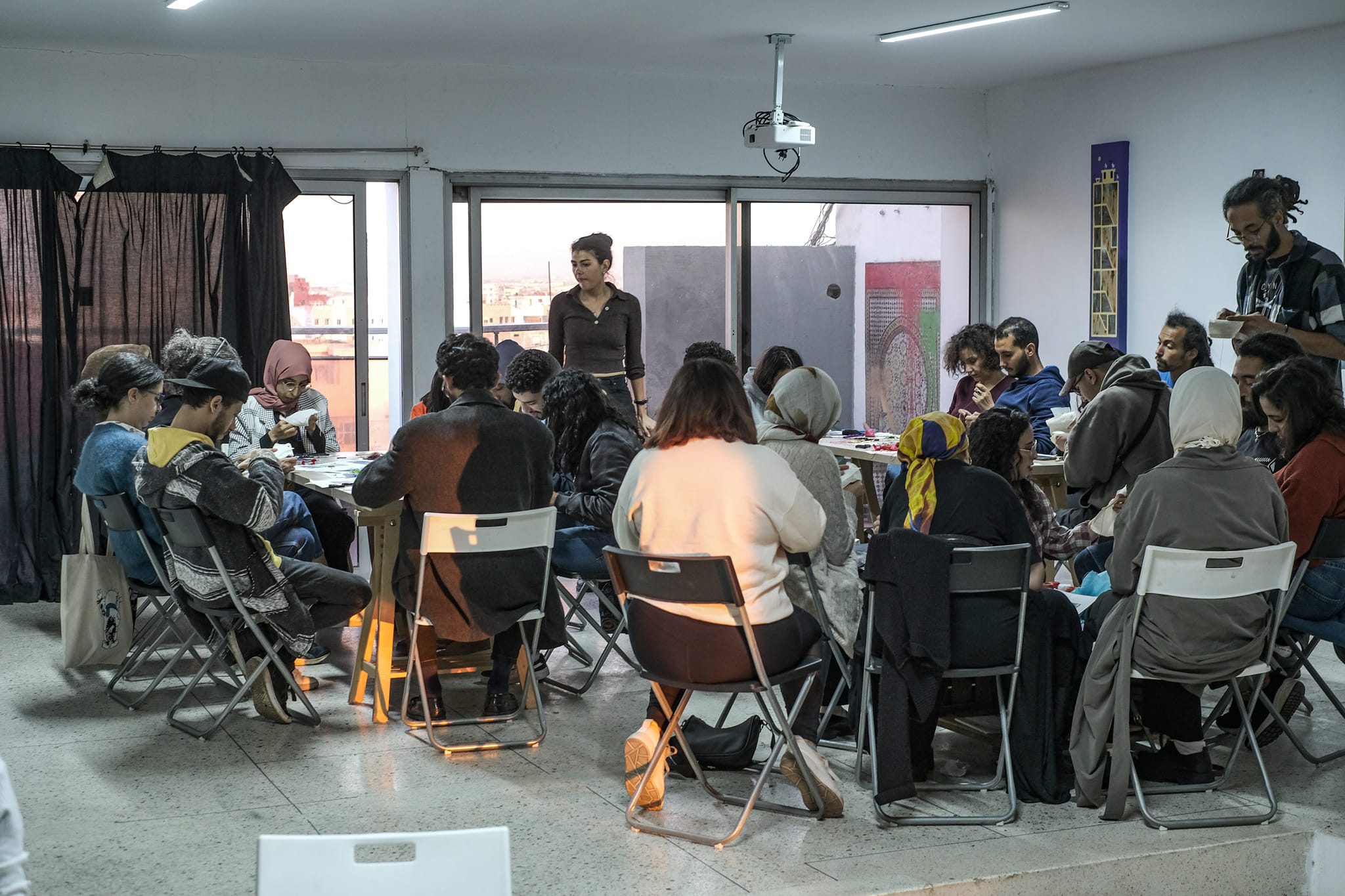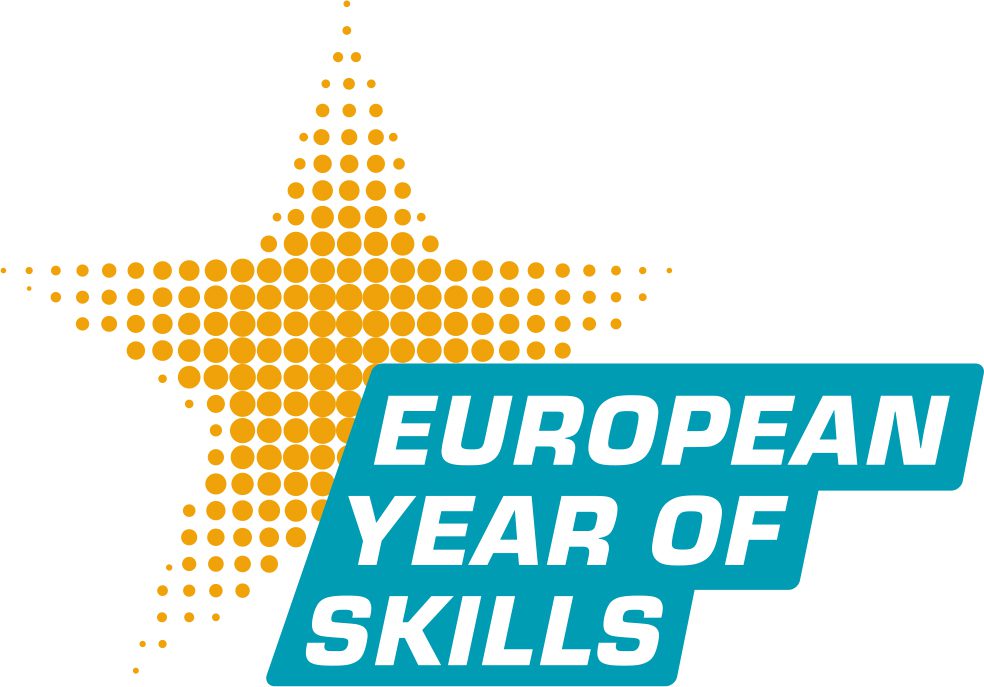The European Union is a strong promoter of the importance of Skills, which are especially relevant in today’s market. Through a number of initiatives, the EU supports young women and men across the Southern Neighbourhood to develop their competences and secure a promising future.
In this Flashback series, we spoke to youth who benefited from these projects. Today, they reflect on the positive impact this support has had on their life.
Youssef El Idrissi uses his many talents to ‘make the invisibles visible’. Through collaborative research on the intersection of space and psychology, he seeks to shed light on the often-marginalised creative forces of the city of Chefchaouen: the artisans.
When you embarked on this journey, what were your dreams?
I wanted to make the invisible visible.Basically, I wanted to cast light on the artisans, who are people who do not get our attention and remain at the margins. Whether the margin of the city, the economy or even national policies; my aspiration was to give credit to these people and showcase the creative and active forces of the city of Chefchaouen [a city in the Rif Mountains of northwest Morocco].
I had the idea of uncovering why the mental vulnerabilities of people in this region were so high, and understand the intersection between space and psychology. ‘Why do some spaces allow us social cohesion while others do not? Why do some spaces foster psychological, social and community enrichment while others neglect or even reject it?’
I also hoped to inspire other young people and creative forces to raise those questions.
What skills did you gain through the various EU-funded programmes and how did they help you advance your dreams?
I would say I gained primarily on the networking aspect from All Around. With this programme, I got to meet many cultural operators, artists and creators from various regions, ranging from North Africa (Algeria, Tunisia), the Middle East (Jordan, Palestine) or Europe. We shared that goal of fostering collaboration between our projects, in a way that would extend beyond the scope of one single programme, so there can be a sense of continuity in our work. I met people who had the same desire to expose and give credits to the talented people who remain “stuck” in the shadows of the outter-city.
As a cultural engineer, I had already developed a number of skills such as public speaking, pitching, or project management. But through these programmes, in my role as project leader, I was also able to further hone and improve these skills. I think it will be very valuable for all the future projects I have lined up.
Today, what is your proudest achievement?
My biggest pride is to have brought artisans back into the sphere of contemporary art. These are people who are often completely invisible, even though they hugely contribute to the realisation of projects in visual and plastic art.
I am proud to have brought them into a shared space where they can be part of the discussion, share their point of view and for their voices to be echoed and heard.
I am also happy that a discussion was started on the dangers that artisans face today, in particular with regards to technology. But more is to come in our next project!
Flashback to: https://south.euneighbours.eu/ecard/youssef-el-idrissi/
Gallery
































 Syria
Syria 